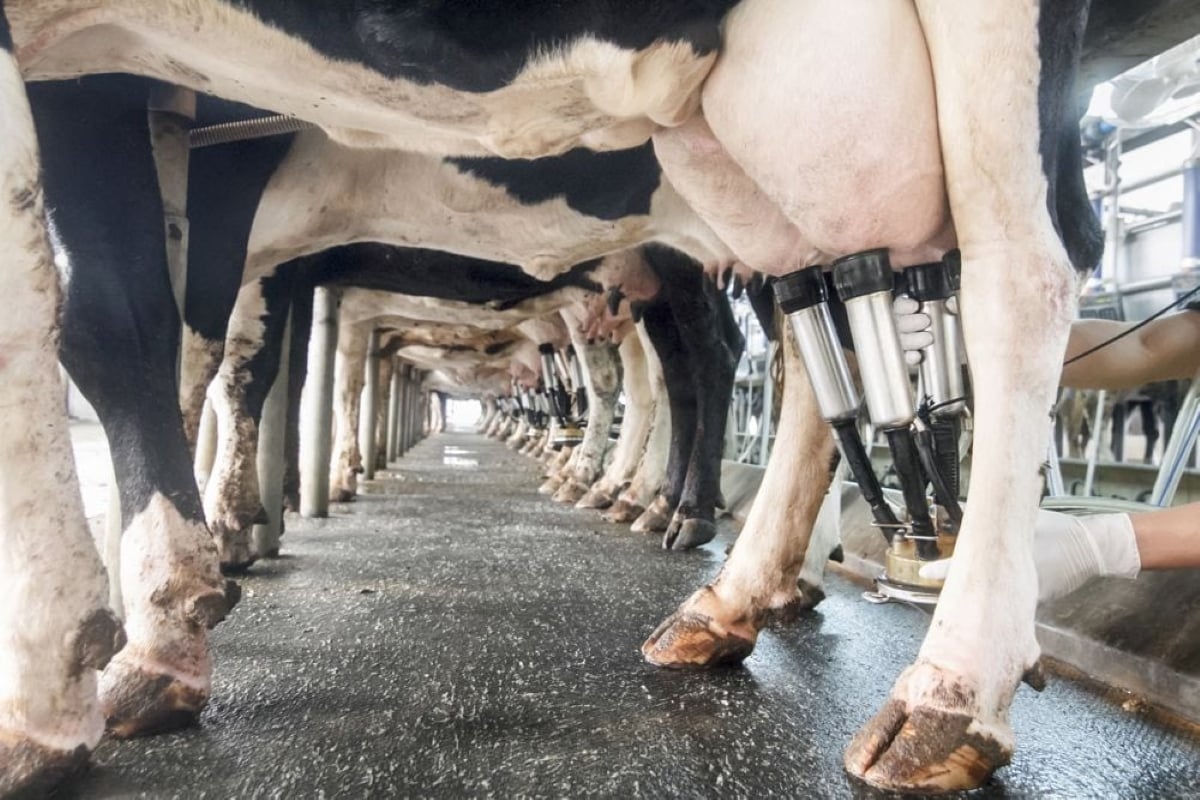The biotech and agri-food industry in the United States can finally exhale now that voters in Washington state have rejected mandatory labelling of genetically modified food.
The Office of the Secretary of State in Washington released the final tally for the ballot measure Nov. 7, which was defeated by a margin of 53 percent to 47 percent.
The measure’s failure represents a victory for agri-food corporations, but an expert in risk communication and risk perception said the industry needs to reconsider its position on GM labelling.
Harvard instructor David Ropeik, who wrote Risk: A Practical Guide for Deciding What’s Really Safe and What’s Really Dangerous in the World Around You, published an open letter to the ag-biotech industry in early November.
Read Also

Farm gate milk price to rise in 2026
The Canadian Dairy Commission will raise its farm gate milk price by 2.3255 per cent in February, the Crown corporation announced on Friday.
He said agri-food corporations are foolish to fight labelling laws.
“Even if you win the vote, you will lose the war … because the war isn’t about labelling. It’s about the public’s lack of trust in you,” he said.
“Your company’s opposition to labeling is hurting you far more than it’s helping. It is time for a new approach.”
Andreas Boecker, an agricultural economist at the University of Guelph who specializes in food related risk perception and consumer behaviour, agreed with Ropeik.
“By blocking attempts of labelling, you’re basically creating the suspicion … ‘well, what do they have to hide?’ ” he said.
“It is very much about trust and not trusting these huge corporations.”
Ropeik made that point in his letter.
He said a large percentage of GM opposition could be summed up by: “We hate GMOs because we hate Monsanto.”
Ropeik said agri-food corporations fight labelling laws because they fear consumer reaction. A GM label will certainly scare away a portion of consumers, but biotech industry leaders don’t understand how consumers process everyday risk, he added.
“You don’t need research to tell you that people take risks all the time. Knowingly. What the risk perception research has found is that the ‘knowing’ increases the likelihood they will take the risk in the first place,” Ropeik said.
“We all want choice over the risks we may face…. Choice makes risks feel voluntary. It makes us feel empowered, more in control of our health and safety, and that makes any risk feel less scary.”
However, considering consumer reaction to GM food in Europe, it might be reasonable for the agri-food industry to fear labelling.
Boecker, who is from Germany, said many food corporations in Europe don’t use GM ingredients because the public relations backlash is immense.
“There is a whole movement of anti-GM campaigners active in Europe who run what I would call name and shame campaigns.”
If a company decides to include GM ingredients in a particular food, opponents will organize a flash mob at a grocery store to embarrass the company.
Boecker said agri-food corporations would have to walk a fine line if they agreed to labelling in North America.
However, he said the battle over GM food will persist if they don’t accept labelling.
“(They) would have to say, ‘OK, it’s not because we admit it’s unsafe. It’s because we acknowledge that consumers have a right to know, as much as they have a right to know if it’s organic or not,’ ” he said.
“(With) this line of argument, it’s basically the beginning of a more open communication and dialogue…. If you don’t have labelling, there’s not going to be a dialogue. There’s always going to be a war between two parties.”














